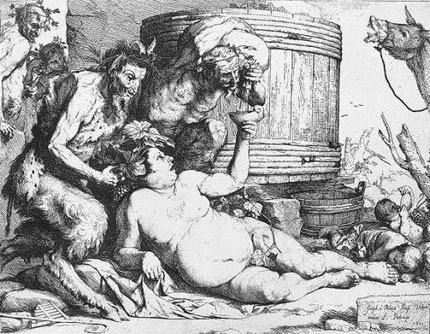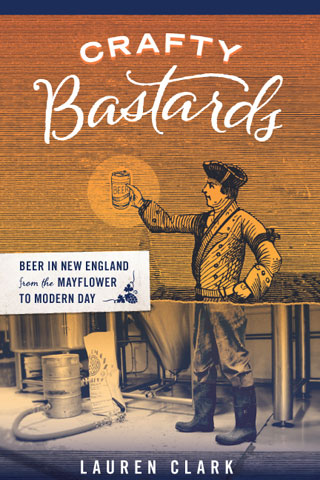February 14th, 2010
Pouring on the pounds?

A fellow drinker said recently, “I just discovered you should never input your drinks into a calorie-counter app. No wonder I look like Santa Claus.”
Boozing makes you fat, right? Yes. No. Maybe. When it comes to alcohol and body weight, things get weird. That’s according to the scientific and medical literature out there on the web — a confusing hodgepodge of sites looking at alcohol consumption mostly from fitness, diet or addiction perspectives, or sites representing incompatible agendas, i.e. MADD vs the Distilled Spirits Council of the United States, or the NIH vs the BATF. Of course, there are plenty of dense scientific articles on PubMed, but making sense of those and coming to any useful, real-world conclusions is a task I would only undertake for a lot of money.
In a way, it seems simple: alcohol has calories, and if you consume too many calories without burning them, you’ll gain weight. It’s funny how many people don’t realize that alcohol itself, aside from sugary mixers or carbs in beer, is calorie-rich. In fact, pure ethanol has 7 calories per gram compared to 4 for carbs and protein and 9 for fat. Of course, we don’t drink pure ethanol; we drink drinks. So here are some more relevant numbers based on the caloric content of various alcoholic beverages (according to CalorieKing) and recipes that represent the sort of cocktails that drinkbostonians are likely to consume.
- Fort Point (among the many “Manhattan variations” out there): 2 oz rye whiskey, 1/2 oz Punt E Mes, 1/4 oz Benedictine: 174 calories.
- Margarita: 2 oz tequila, 1 oz Cointreau, 3/4 oz lime juice: 223 calories.
- Martini: 2 oz gin, 1 oz vermouth: 173 calories.
- Gin and tonic: 143 calories.
Now, for comparison’s sake …
- Coca Cola (12 oz): 143 calories.
- Narragansett (12 oz): 152 calories.
- Sierra Nevada Bigfoot Barleywine (12 oz, 10% abv): 330 calories.
- Red or white Wine (5 oz): roughly 120-130 calories.
So, if you take the generic, 2,000-calorie daily intake on which standard nutrition labels are based, and you add up the two Fort Points, three glasses of wine, and beer nightcap you might consume on a night off — roughly 875 calories — you have 1125 calories left for food if you want to avoid gaining weight. Which means eating like a supermodel without any of the financial benefits. Depressed yet?
But wait. “Scientists have not been able to tie alcohol consumption consistently to weight gain,” according to this article on ShapeFit. Huh? It continues, “Researchers have also found that heavy drinking reduces body fat, but still others point to evidence that it raises the risk of becoming overweight or obese. There may never be a simple answer, since there are so many variables.”
Oh, those pesky variables. You’ve got to, for instance, stack up your eating patterns against your drinking patterns. Do you tend to eat — and eat a little more than you normally would — whenever you go out drinking? Or does your boozing often replace food and other types of caloric beverages? Also: Are you genetically programmed to be an alcohol-metabolizing machine? And perhaps the peskiest variable of all explaining why there “may never be a simple answer” to what role alcohol plays in weight gain: “People in studies are prone to under-report how much they drink, rendering many findings unreliable.”
Ah, yes. Under-reporting one’s booze intake is a rich, American tradition. It’s not surprising, given that our official definition of “drinking in moderation” is one drink per day for women, two for men. That’s not moderate, that’s puritanical. It’s like when nutritionists say that a serving of meat should be no bigger than a deck of cards. Oh, I guess that means I’m splitting this porterhouse steak with my date, plus the family of four sitting next to us.
My advice? Ditch the calorie-counting app, get some exercise, and pick up the recently reissued Drinking Man’s Diet, originally published in 1964. The guy who wrote it, Robert Cameron, died slender last year at age 98.
Tags: alcohol, calories, health, weight gain
Posted in Books & resources | 8 Comments »
